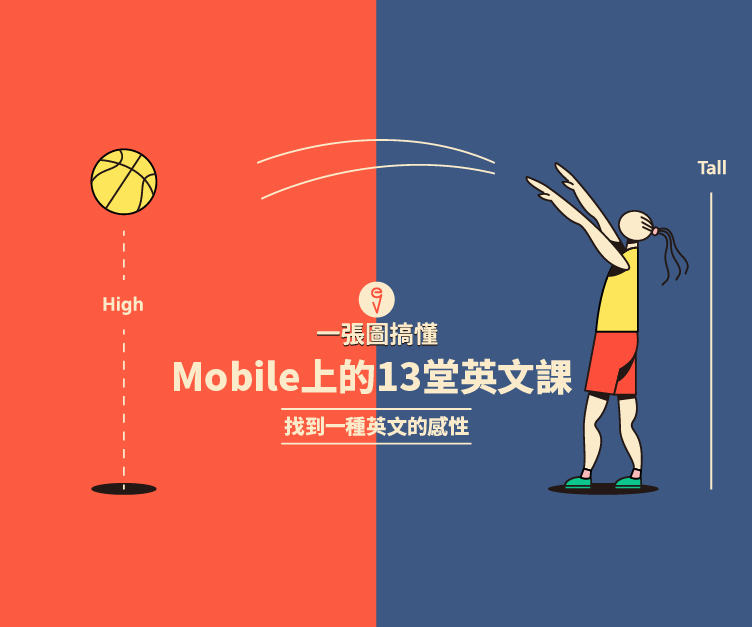老鳥帶新手,從寫工作日誌開始
專家可以是對某項技能專業的,也會是最好的老師。然而,專家也可能因為在專精領域鑽研太久,而失去對剛入行的新人具有同理的能力,這種現象被學術界戲稱為「知識的詛咒」。本文透過哈佛商學院的研究,幫助菜鳥怎麼向老鳥求教,也讓老鳥找到對菜鳥的同理心。
進入本文之前,請先想想如何表達以下單字:
a) 菜鳥
b) 可行的
c) 同理心
Irish playwright George Bernard Shaw famously wrote, “He who can, does. He who cannot teaches.” But it’s often more accurate to say, “He who can do, can’t teach.” It’s natural for novices toseek out experts for guidance. Unfortunately, Experts are sometimes so 1) steeped in expertise that they don’t remember what it was like to be a a) newbie-in terms of how much they knew and how they felt back then.
愛爾蘭劇作家蕭伯納曾寫下著名句子:「能幹的人做事,不能幹的人教人。」然而,在現實生活中卻往往是「能幹的人不會教人」。新手向經驗豐的專家請教是常見之事。可惜的是專家有時浸淫於專業日久,已經忘記了來時路。
Ting Zhang, a doctoral student in the Negotiation, Organization and Markets unit at Harvard Business School, is keen to break the curse. In her research on the psychology of rediscovery, she's looking into how experts can rediscover the experience of inexperience. “There’s one underlying question behind this research,” she says. “How do you help experts help novices?”
哈佛商業學院研究談判、組織和市場的博士生張庭,積極的想要打破這個詛咒。在她的「重新發現」心理研究中,試圖探究專家應該如何重新發現新手的經驗。而這個研究所隱含的問題就是「如何協助專家指引新手?」
Zhang first adopted Documentation and Recall strategy to investigate the issue. In this experiment, she hired 169 college undergraduates to keep daily diaries of the challenges and feelings during their summer internship. Two months later, these interns became the veterans and they were required to give feedback to the novices. Half of them received the copies of diaries and the other half just recalled their experience. The result shows that the rediscovery group tends to give more b) actionable suggestions than the recall group.
張庭首先採用紀錄與回想策略。她聘請169位暑期實習的大學生,紀錄每天工作上的挑戰和感受。兩個月之後,這些實習生成為老鳥,她要求他們提供新的一批菜鳥實習生建議。其中,一半的老鳥收到當初的實習日誌、另外一半則以回想當初的經驗。研究結果發現收到日誌,也就是「重新發現」自己新手經驗的,比起回想的提供更多可行的建議。
The next experiment explored how experts could experience the feelings of the inexperienced without past documentation. Zhang hired 74 skillful right-handed guitarists to record their one-minute performance. Half, the control group was asked to “play as you would on a typical day”. The other half, the rediscovery group, was required to play with their left hand. The rediscovery group reported that playing with the non-dominant hand made them feel more like beginners. Later, they gave feedback to a true beginner struggling with some chords. Each of the groupsgave advice for the beginner, reporting the extent to which they related to his struggle. Compared with the control group, the rediscovery group reported feeling more c) empathy for thegreen hand.
接下來的實驗是發掘專家如何不必依靠過去文件記載,也能重新體驗新手的感受。張庭邀請74位技巧精湛的右撇子吉他演奏者錄下一分鐘的演奏。一半控制組「依照你平常演奏的方式彈」;另一半即「再發現組」則要求他們用非慣用手彈。用左手彈奏的再發現組說,他們好像找到了自己初學時的感覺。兩組人都必須給一位真正吉他初學者建議。研究發現,用非慣用手的組別,重新發現自己以往生澀經驗,對新手展現出較多的同理心。
The rediscovery process might be uncomfortable for experts. But the research indicates that it can yield positive results for any organization where leaders 2) pass their knowledge on to followers. The experts could rediscover inexperience in two key ways. One, document while they were a novice and reflect back when they became a veteran. Two, through some programs, experts can actually re-experience how it feels to be a beginner. The rediscovery efficiently fills the empathy gap.
重新發現的過程對專家來說或許不太舒服。但是此研究對機構的經驗傳承提供許多正面的建議。專家學者可以從兩個方向重新調整自己,並且給新手有用的建議。一、從新手時期開始寫日誌,成為專家之後再重新反思自己當初的心境和感受。二、經由課程,專家可以重新體驗新手經驗。這樣「重新發現」的經驗有助於老鳥重拾對菜鳥的同理心。
口語詞彙:
1) Steep in sth. 精通
Steep 原本是浸泡的意思。Steep in表示對某項事物專精的意思。
Tina steeped herself in literature and music。Tina專精文學與音樂。
2) Pass…on傳遞、傳達
The knowledge of the local languages should be passed on to the next generation. 當地語言的知識應該要被傳承到下一代。
參考資料: Harvard Business Review
